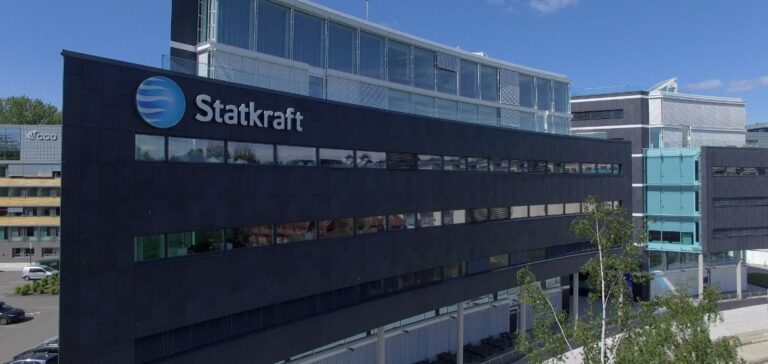Norwegian electricity producer Statkraft has announced the termination of new green hydrogen project development, citing growing uncertainty in this segment of the market. The decision impacts its entire portfolio of initiatives across several European countries, although some previously launched projects will continue to be structured in preparation for potential partnerships with investors.
Part of the portfolio maintained for value optimisation
Statkraft stated that several ongoing projects will be carried forward to maturity to maximise their value before seeking investors. The affected sites are located in Norway, Sweden, the United Kingdom, Germany, the Netherlands and Italy. Several of these projects have already secured substantial public funding, and the company remains in contact with local authorities to ensure their progression within existing regulatory frameworks.
Strategy shifts towards markets and alternative technologies
The state-owned company, 100% held by the Norwegian government, began scaling back its ambitions in green hydrogen in 2024. “After lowering our ambition level last year, we are seeing even greater uncertainty in the market,” said Birgitte Ringstad Vartdal, President and CEO of Statkraft. The company will now reallocate its resources to other technology segments and market operations, which are considered more promising in the short and medium term.
Uncertain outlook for green hydrogen
Statkraft’s withdrawal comes amid high production costs, lack of regulatory standardisation and evolving public support mechanisms that continue to hinder investment in renewable hydrogen. No timeline has been provided for the projects still under development, nor has the company disclosed the amount of capital already committed.
Statkraft had invested in green hydrogen as part of its low-carbon growth strategy, but now considers other segments to offer clearer profitability prospects.






















